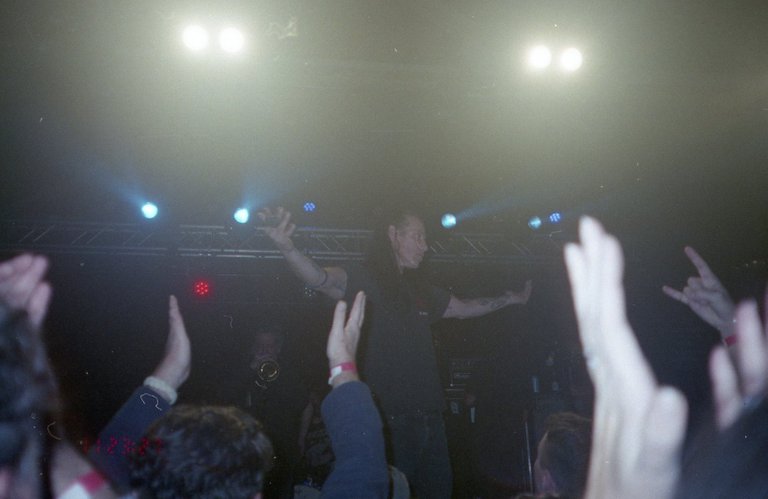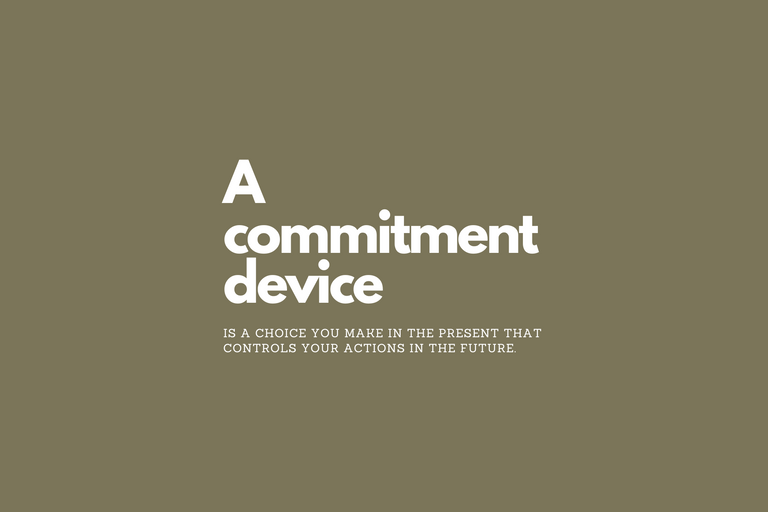
Question: If you completely ignored your goals and focused only on your system, would you still succeed? For example, if you were a photographer and you ignored your goal of creating a collection for patrons to buy and focused only on what you do to take the pictures, would you still get results?
I was inspired by many things, but today, I shared some goals in a channel amongst friends. I remembered #atomichabits and its counsel concerning the matter of goals and processes. Since my finishing the text, I find my peers considering their aims, similar to how I had in the past, but Clear's reflection on their viability inspires new thoughts, some of which I'll share today.
Clear answers the question I seem to be asking indirectly. "Are goals useless? What's the point, then?" Consider his thoughts.
If you want better results, then forget about setting goals. Focus on your system instead. ...A handful of problems arise when you spend too much time thinking about your goals and not enough time designing your systems.
Problem #1
Winners and losers have the same goals.
Clear mentions survivorship bias, the tendency to focus on the successful, i.e survivors, rather than paying attention to the rest of the populous who did not succeed. We laud Michael Jordan for his play and career, but have we considered all those NBA Final hopeful teams as well?
We arrive at the first issue with goals. We all have them. In this regard, we're not different from pros or amateurs, newbies, nobodies and the famous. Then how do we set ourselves apart, achieve like those we see so publicly in the news and online? Those who reach their goals develop systems of 'continuous small improvements' to change the outcome.
Problem #2
Achieving a goal is only a momentary change.
I must agree, cleaning my room only leaves the space presentable for the time being. In agreement with James Clear, I realized myself just setting myself to a task could lead to its completion, but it's not long before I return to a disheveled state. I beat my friends' on leaderboards comparing our accuracy, but it wasn't long before I altogether stopped practicing. Rather than aim for a target and amusing myself when I hit it, I echo Clear on his succinct line about the issue.
Fix the inputs and the outputs will fix themselves.
In regards to myself, enjoying the process of training my in-game accuracy, and several other steps could lead to a stronger adherence to a process, an outcome which would support better accuracy more than competing with my peers.

Problem #3
Goals restrict your happiness.
So many of my peers, I respectfully fear for them. Why? This trap sits unsuspecting. Would you agree to putting your happiness behind a milestone? "Once I hit that weed, I'll be relaxed. Once I make more money, things'll be better. If I had a girl, I'd be set." Yet, so often, goals accomplish this for us. I know I thought I'd be set once I got into crypto, for example, but sadly, we're putting the cart ahead of the proverbial horse.
I would only now understand the mantra quoted often by basketball players, "Trust the process."
Problem #4
Goals are at odds with long-term progress.
What's next? The question adds stress not only for fear of the unknown, but because of implicit assertion behind goals. Once a particular goals is met, the tension is cut, and we become slack. I know I cut loose once I got into the school I aimed for because, well, I'd already made it, right? Popularly, high school kids refer to this as 'senioritis.' Clear refers to this a "yo-yo" effect. Runners work hard for months, just to give it all up once the race is done. For listeners of the late rapper Nipsey Hussle, his leitmotif1 frequently spoke on running races. "The marathon continues." Once can presume that Nipsey understood the significance of creating a process and continuing to 'run the race'.
On the subject of what makes a good show- namely, what keeps them on the air, I found several firsthand accounts from classic cartoons' creators. I thought well of Glen Murakami's sentiment when he created the characters and storyline.
It was really important to me that little kids watching it could identify with characters. And I thought that the minute you start giving them secret identities then kids couldn't project themselves onto the characters anymore. And that was important to me. ... We just wanted it really clean like that. We wanted it like old Star Trek. We just wanted it simple…
...My concern is how do I make Robin a really strong lead character without all that other stuff. And I feel that way about all the characters. How can I keep all the characters really iconic and really clean.
Glen Murakami, from a 2004 interview
Without straying too far from the topic at hand, I'm certain Glen understood making characters upon which the audience could project relied upon a certain Way of character designing, not only an aim 'to make the most relatable characters.'
Then, an iconic show, memorable photograph, or small business predicates not on the what, but the how.
Fortina Day Campaign


Read more about the initiative and its origin here.


Post Summary
- #atomichabits discusses goals versus systems. Clear argues you'd still hit your goals even if you focused on the process.
- A focus on goals comes with problems, problems that processes might fix.
- To make something relatable, success could be the aim... It seems that demonstrating, rather than explicating significance could help. A nice note to remember for my work this year.